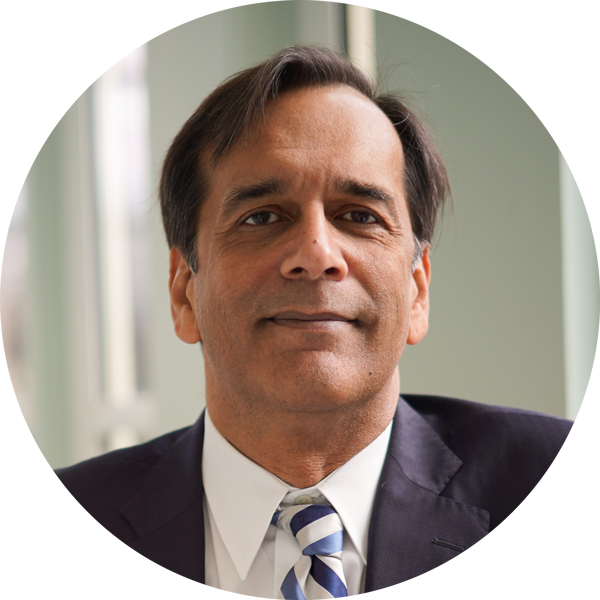This IPO Deserves a SPAC(E) in Your Portfolio
Special purpose acquisition companies (SPACs) are all the rage right now.
However, you must be careful which ones you invest in. Some are fly-by-night companies that were created to enrich the managers of the fund. Others are legitimate ventures, where the goal is for the manager to prosper with you.
A good example of the latter is DraftKings (Nasdaq: DKNG), a position that War Room members are in right now and making money with. DraftKings – as we have written about in these very pages – has a lock on the iGaming market, with the goal of letting you bet on almost anything from anywhere.
But that’s not what I am introducing you to today.
Yesterday, a new SPAC became public…
Before I get to it, here is a great explanation of a SPAC from Investopedia:
A special purpose acquisition company (SPAC) is a company with no commercial operations that is formed strictly to raise capital through an initial public offering (IPO) for the purpose of acquiring an existing company. Also known as “blank check companies,” SPACs have been around for decades. In recent years, they’ve gone mainstream, attracting big-name underwriters and investors and raising a record amount of IPO money in 2019.
Here are the key takeaways:
- A SPAC is formed to raise money through an initial public offering (IPO) to buy another company.
- At the time of its IPO, a SPAC has no existing business operations or even stated targets for acquisition.
- Investors in SPACs can range from well-known private equity funds to the public.
- SPACs have two years to complete an acquisition or will be required to return the funds to investors.
That said, Bill Ackman, hedge fund manager and CEO of Pershing Square, brought a SPAC public yesterday called Pershing Square Tontine Holdings, which trades on the New York Stock Exchange with the symbol PSTH.U or PSTHU. (You’ll need to check with your broker for the exact symbol used – and don’t mistake it for Pershing Square’s own stock.)
The SPAC went public at $20 with 200 million shares issued. The kicker is that the money raised, all $4 billion, goes into the SPAC and not some promoter’s pocket. And Pershing Square will invest between $1 billion to $3 billion more into the fund.
I like it when the manager has so much skin in the game and is not charging huge fees. The interests between all the parties are aligned!
But let’s not jump the gun. While the SPAC is now up and running, it still must find good investments, and that takes time. SPACs must find those investments within a two-year period, otherwise the money is supposed to be returned to the shareholders.
Action Plan: This “time” allows members to position themselves into this SPAC at the price they want.
About Karim Rahemtulla
Karim began his trading career early… very early. While attending boarding school in England, he recognized the value of the homemade snacks his mom sent him every semester and sold them for a profit to his fellow classmates, who were trying to avoid the horrendous British food they were served.
He then graduated to stocks and options, becoming one of the youngest chief financial officers of a brokerage and trading firm that cleared through Bear Stearns in the late 1980s. There, he learned trading skills from veterans of the business. They had already made their mistakes, and he recognized the value of the strategies they were using late in their careers.
As co-founder and chief options strategist for the groundbreaking publication Wall Street Daily, Karim turned to long-term equity anticipation securities (LEAPS) and put-selling strategies to help members capture gains. After that, he honed his strategies for readers of Automatic Trading Millionaire, where he didn’t record a single realized loss on 37 recommendations over an 18-month period.
While even he admits that record is not the norm, it showcases the effectiveness of a sound trading strategy.
His focus is on “smart” trading. Using volatility and proprietary probability modeling as his guideposts, he makes investments where risk and reward are defined ahead of time.
Today, Karim is all about lowering risk while enhancing returns using strategies such as LEAPS trading, spread trading, put selling and, of course, small cap investing. His background as the head of The Supper Club gives him unique insight into low-market-cap companies, and he brings that experience into the daily chats of The War Room.
Karim has more than 30 years of experience in options trading and international markets, and he is the author of the bestselling book Where in the World Should I Invest?






